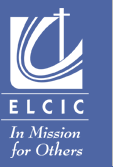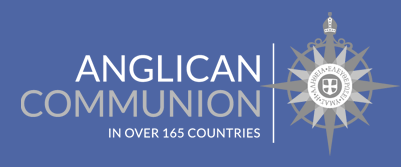Subject: Resolution to Memorialize the Apology of 1993 and the Covenant of 1994
Moved By: Ms. Judith Moses
Seconded By: The Rev. Iola Metuq
Be it resolved that this General Synod:
Authorize the memorializations of the Apology of August 6, 1993 and the Covenant of April 5, 1994, to be observed on separate days.
Source: Anglican Council of Indigenous Peoples
Submitted By: Anglican Council of Indigenous Peoples
Does this motion contain within it any financial implications? Yes No
If yes, has the General Synod Expenditures Committee considered the implications? Yes No
EXPLANATORY NOTE/BACKGROUND
The Most Rev. Ted Scott began an effort at healing and reconciliation in his time as Primate of the Anglican Church of Canada. The church commissioned The Hendry Report “Beyond Traplines” that pointed to the need to engage indigenous people in healing and reconciliation. Primate Ted Scott’s successor, the Most Rev. Michael Peers, continued the effort, creating the first National Native Convocation in 1988 in Fort Qu’Appelle. The second Convocation held at Minaki Lodge in Kenora, Ontario in 1993 addressed the need of healing from the effects of the Residential Schools operated by the Church. At that Convocation, the Primate issued an apology to Indigenous Anglicans on behalf of the Church and pledged support for the effort of healing, reconciliation and self-determination for Indigenous Anglicans. In 1995, General Synod by resolution accepted the hand of partnership with Indigenous Anglicans. Today, the Convocation held every three years is known as the Sacred Circle.
PROCEDURE FOR ADOPTION (G)
In the normal course, an ordinary motion must be passed by a majority of the members of General Synod present and voting together. Six members of General Synod may, prior to the question being put, require a vote by Orders, with a majority of each Order being necessary to pass.
If a question passes on a Vote by Orders, any six members (two from each of three different dioceses) may immediately before the next item of business require a vote to be taken by dioceses. A motion passes if a majority (or a tie) of dioceses vote in favour.
Source: Sections 4 and 5 of the Declaration of Principles and sections 18, 19 and 20 of the Rules of Order and Procedure.
- Memorializing the Apology (PDF)
- Memorializing the Covenant (PDF)


